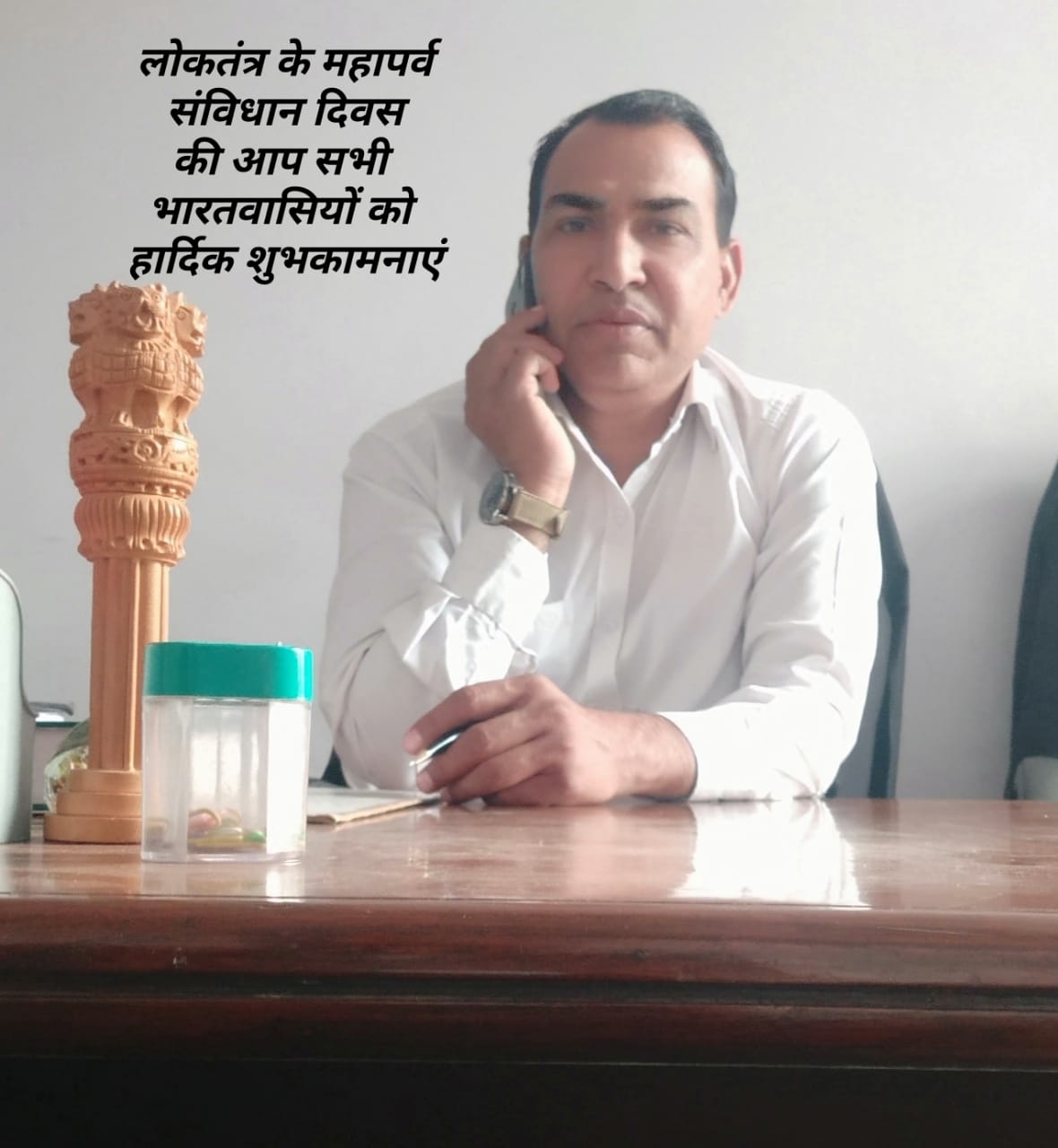Answer By law4u team
Constitution of India Article 111: Assent to Bills
When a Bill has been passed by the Houses of Parliament, it shall be presented to the President, and the President shall declare either that he assents to the Bill, or that he withholds assent therefrom:
Provided that the President may, as soon as possible after the presentation to him of a Bill for assent, return the Bill if it is not a Money Bill to the Houses with a message requesting that they will reconsider the Bill or any specified provisions thereof and, in particular, will consider the desirability of introducing any such amendments as he may recommend in his message, and when a Bill is so returned, the Houses shall reconsider the Bill accordingly, and if the Bill is passed again by the Houses with or without amendment and presented to the President for assent, the President shall not withhold assent therefrom.
Brief Detail
Article 111 outlines the process through which a Bill, after being passed by both Houses of Parliament, is presented to the President. The President may either assent to the Bill or withhold assent. If the Bill is not a Money Bill, the President can return it to Parliament for reconsideration, with suggestions for amendments. Once the Bill is reconsidered and passed again, the President cannot withhold assent.
Question & Answers
What happens after a Bill is passed by both Houses of Parliament?
Once a Bill is passed by both Houses, it is presented to the President for assent. The President can either assent to the Bill or withhold assent. In some cases, the President may return the Bill for reconsideration with recommendations for amendments.
Can the President refuse assent to a Bill?
The President can withhold assent to a Bill, but if the Bill is not a Money Bill, it can be returned to Parliament for reconsideration. Once passed again by both Houses, the President is required to assent to it.
Example
Suppose Parliament passes a Bill to amend an existing law. The President may return the Bill with recommendations for changes. If both Houses of Parliament agree to these changes and pass the Bill again, the President must assent to it, completing the legislative process.
Summary
Article 111 provides the process for the President’s assent to a Bill. If the President withholds assent, the Bill can be returned to Parliament for reconsideration, but the President must eventually assent if the Bill is passed again by both Houses of Parliament.







